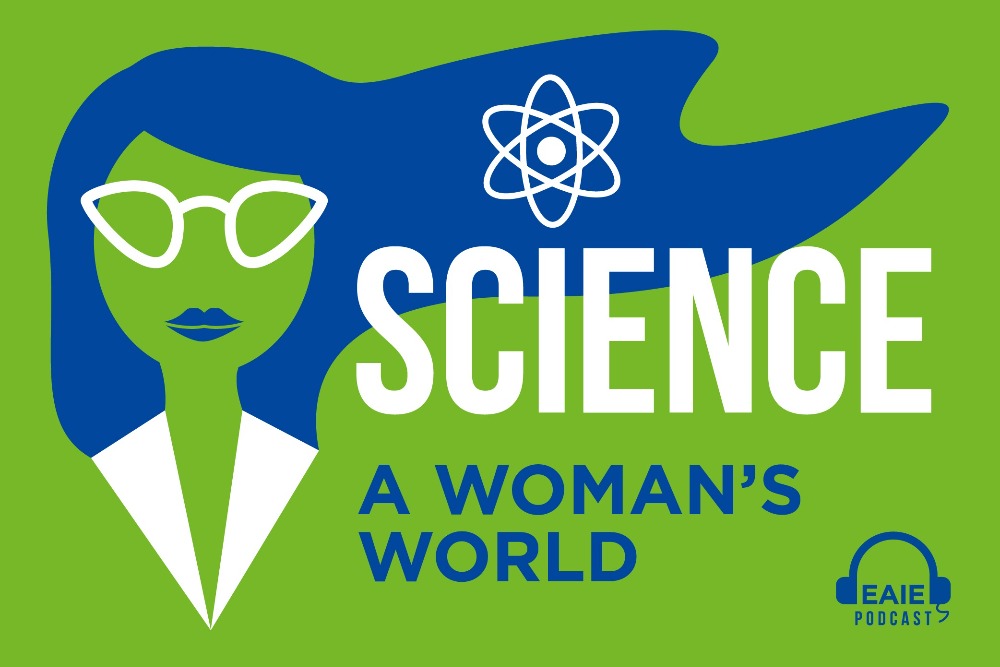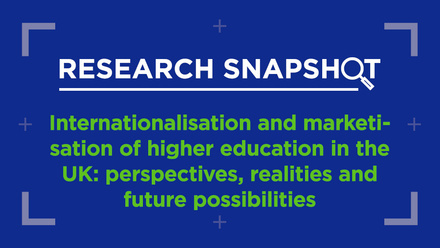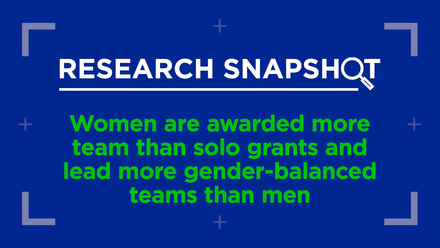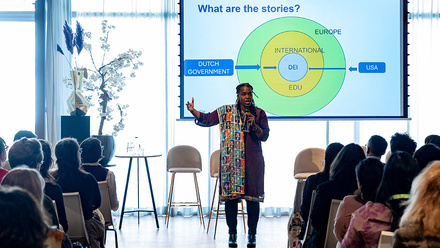Sarah Lamaison: Science – a woman's world

Noting that 11 February has been designated by the United Nations as the International Day of Women and Girls in Science, episode number eleven in the EAIE podcast series puts us in direct conversation with a rising young scientist, Sarah Lamaison. Sarah’s work in the field of artificial photosynthesis was recognised with an award from the L'Oréal-UNESCO For Women in Science programme in 2020 and has been shaped by educational experiences and research collaborations in both France and the United States. Our conversation with Sarah provides a window into the world of ‘next generation’ thinking about the future of women in science and the contributions that research like Sarah’s can make to our common well-being.
A wealth of data suggests that, even in 2021, women are significantly underrepresented in the sciences around the world, from enrolment in higher education to professional roles as researchers. And when women do enter these fields, there are clear indications that they face particular challenges as they move through their careers. So, what is it like to be a young woman working at an international level in the sciences today? Our conversation with Sarah Lamaison gives voice to a young female scientist reflecting on her inspirations, her educational journey, and insights into the future of women in science. And why should we care? As we increasingly rely on scientific talent and the sheer persistence of scientists to help us navigate the major challenges of the 21st century – from the climate crisis to healthcare emergencies like the COVID-19 pandemic – understanding what motivates and sustains diverse pools of young scientific talent is vital to our collective future.
About Sarah Lamaison
Sarah Lamaison is an expert in catalytic materials and cell engineering for the electrochemical reduction of CO2. Her work and its potential global impact led her to receive the 2020 Young Talent L’Oréal-UNESCO Prize for women in science. Sarah is a graduate of École Polytechnique (France), where she undertook a double specialisation in chemistry and economics, and the University of Cambridge, where she completed a master’s degree focused on photosynthetic energy processes. Her PhD was completed through a combination of work at the Collège de France’s Laboratoire de Chimie des Processus Biologiques, under the direction of Professor Marc Fontecave, and the Jaramillo Lab at Stanford University, where she also undertook post-doctoral studies. With her colleague, David Wakerly, Sarah has co-founded a start-up, Dioxycle, aimed at scaling up their proprietary technology focused on reducing industrial CO2 emissions.
Further reading
For further insights into the topics touched on in this episode, the following resources may be of interest:
→ L'Oréal-UNESCO For Women in Science programmes website and Twitter
→ International Day of Women and Girls in Science
→ Enabling gender equality through education (EAIE blog)
→ Bauer, A. F. & Zweifel, P. (2018). ‘Female researchers leap ahead’. 2018 Spring Forum: Our gendered world, 2018(Spring), 18-20.
→ Jacobson, M. Z. (2020). 100% Clean, Renewable Energy and Storage for Everything. Cambridge University Press: Cambridge.
Stay tuned
Already looking forward to the next episode of the EAIE podcast? Be sure to subscribe via Spotify, Google Podcasts, Apple Podcasts, or your preferred app.






